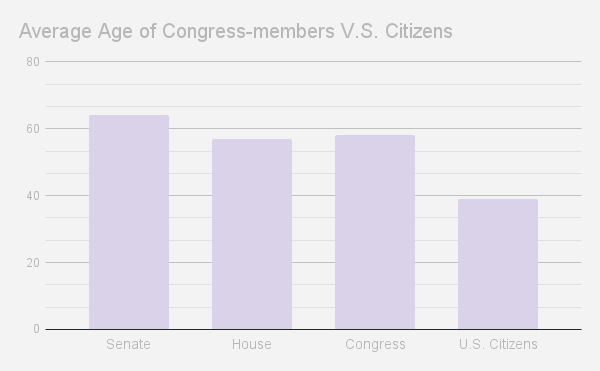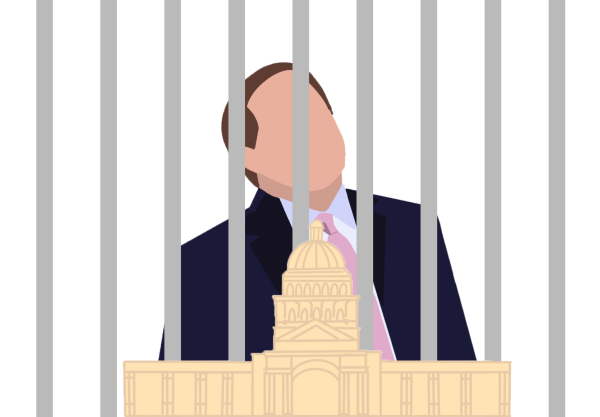Deciphering the efficiency of solar power
As modern technologies are beginning to offer new and improving means of energy, taking a look at new directions of energy consumption is an important argument to make. One particular alternative to fossil fuels is solar energy, where radiant light from the sun is captured and turned into electricity in order to be used for homes and cities.
So what are the advantages of solar energy?
1. It’s a renewable resource
The most important point to note is that solar energy is a truly renewable energy source. It can be harnessed in all areas of the world and is available every day of the week. We cannot run out of solar energy so long as there is a sun, in contrast to some other sources of energy such as coal and oil.
2. There are low maintenance costs
Solar energy systems generally don’t require a lot of maintenance. The only requirements would be that it must be cleaned once or twice a year, while the solar panels inverters and cables need to be maintenanced every several years. Lastly, after paying for the initial cost of the solar system, individuals should experience little spending on repairs.
3. Can reduce electricity bills
With some of your energy need being met by the solar system you have, energy bills will more than likely drop. The degree of the price difference on your bill will be dependent on the size of the solar system and your own energy usage.
4. Development of technology
Technology in the solar power industry is constantly improving with the current systems of use that will grow in the future. Further, innovations in quantum physics and nanotechnology may increase the effectiveness of solar panels themselves.
Now what are some disadvantages to solar energy?
1. Initial costs of solar panels
The cost of purchasing a solar system is quite high- as this encompasses paying for solar panels, batteries, the inverter, wiring and the systems installation.
2. Dependent on weather
While solar energy can still be collected during cloudy and rainy days, the efficiency of the solar system drops dramatically as opposed to on a day with clear weather. Solar panels are dependent on sunlight to effectively gather a more significant amount of solar energy.
3. Panels can use a lot of space
The more electricity you want to produce, the more solar panels you will need. Solar panels need a lot of space to collect plenty of energy from the sunlight, which might prove not as productive with smaller roofs or plots of land.
4. Provides pollution
The transportation and and the process of installing of solar systems have been affiliated with the emission of greenhouse gases. It is also important to note that some toxic materials and dangerous chemicals are used during the creation and manufacturing of solar photovoltaics(transfers electric currents), which can indirectly affect the environment.
Give solar energy a look over, especially if this could benefit your electricity bills or are looking to emit less greenhouse gases.












